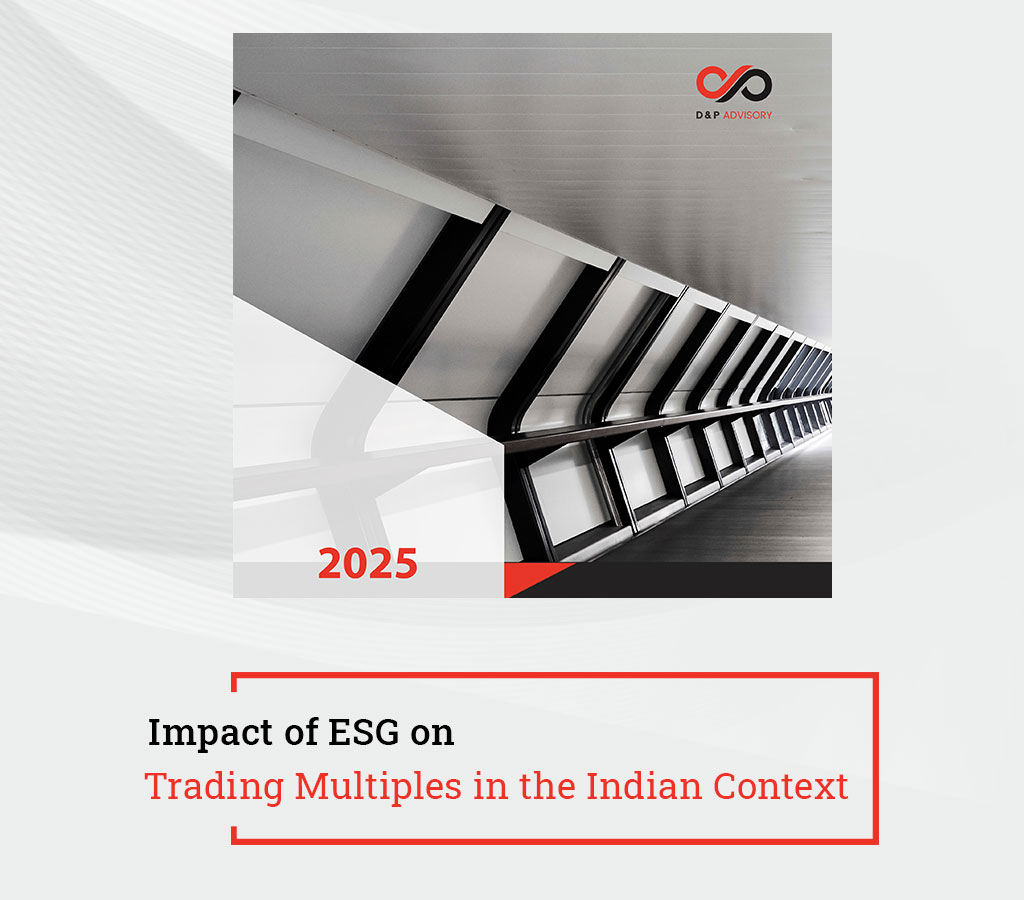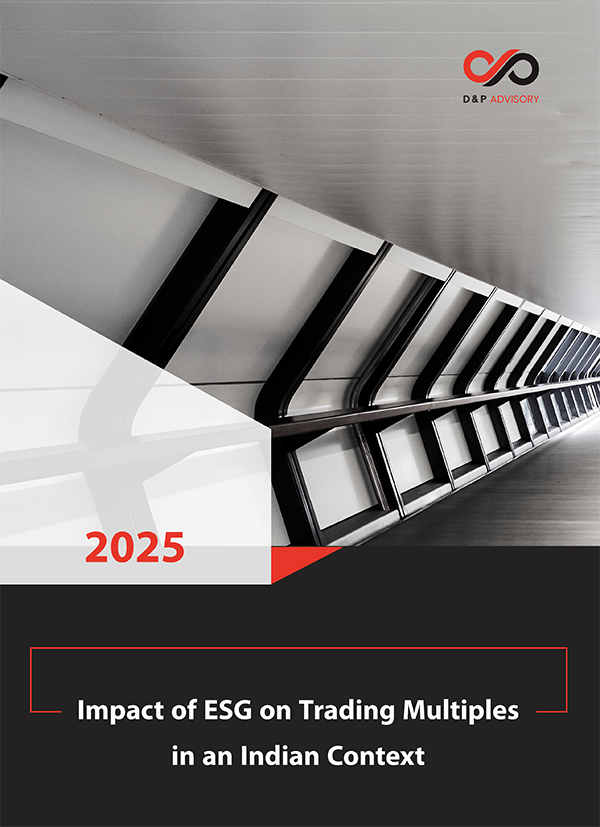AWFIS, 5th floor, Ambience Mall, Gate No. 03 & 04, Ambience Island, NH-84, Ambience Mall Gurgaon 122002
What are the 3 Studies?
Study 1 is a time series analysis suggesting that higher ESG scores do not necessarily translate to higher valuations in the Indian market. Even the top-tier firms, despite their commendable ESG initiatives, do not consistently command higher valuations compared to middle-bracket firms. This implies that the market is either indifferent to or undervalues ESG initiatives as impactful business operations.
Study 2, a continuation of the first study, combines time series and cross-sectional analysis by focusing on environmentally sensitive industries and reveals a nuanced perspective. While positive ESG initiatives in these industries do not consistently elevate firm valuations, negative events or unsustainable practices lead to significant market devaluation. This highlights the market’s tendency to penalize low ESG-scoring companies severely, indicating sensitivity to environmental risks and negative publicity.
In Study 3, a multiple regression analysis assesses the impact of changes in ESG scores on changes in the EV/EBITDA multiple. The results indicate a limited explanatory power of ESG scores on firm valuations, suggesting that market decisions are influenced more by traditional value drivers such as revenue, profit margins, and leverage.
Surprisingly, some sectors, like Consumer Goods and Healthcare, exhibit a negative relationship with ESG scores, indicating discordance between ESG performance and market valuations. This underscores the complexity of the valuation process and the need for a nuanced understanding of ESG’s impact.
The Findings
Overall, the findings suggest that while ESG considerations are gaining traction in the Indian market, they are not yet significant determinants of firm valuations. As a developing economy, India’s financial community prioritizes revenue generation, margin maintenance, and credit risk management over ESG compliance. However, as awareness and understanding of ESG factors evolve, they are likely to play a more substantial role in shaping firm valuations and investment decisions in the future.
It is important to note that the study is not free from biases. ESG scores can be highly subjective and suffer from measurement bias arising from different agencies’ methodologies. Study 3 also suffers from selection bias because it is limited to a single financial year due to the unavailability of suitable ESG data for previous years.
We encourage the readers to explore the entire report to understand the various hypothesis we have developed and the subsequent analysis for each.






















